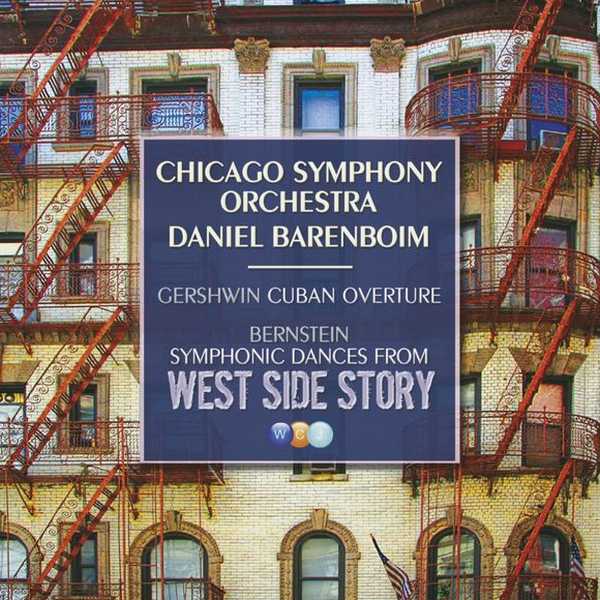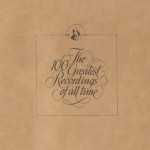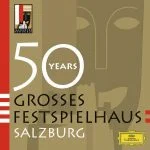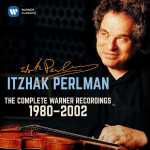
Composer: Leonard Bernstein, George Gershwin, Maurice Ravel, Richard Wagner
Orchestra: Chicago Symphony Orchestra
Conductor: Daniel Barenboim
Format: FLAC (tracks)
Label: Warner
Catalogue: 2564698165
Release: 2009
Size: 290 MB
Recovery: +3%
Scan: cover
01. Gershwin: Cuban Overture
Bernstein: West Side Story: Symphonic Dances
02. I. Prologue
03. II. Somewhere
04. III. Scherzo
05. IV. Mambo
06. V. Cha-cha
07. VI. Meeting Scene
08. VII. Cool
09. VIII. Fugue
10. IX. Rumble
11. X. Finale
12. Ravel: Daphnis et Chloé, Suite No. 2
13. Wagner: Tristan und Isolde: Prelude & Liebestod
Gershwin wrote his Cuban Overture in a few weeks in the summer of 1932, completing it just in time for its first performance in an outdoor all-Gershwin concert in New York. The piece is an exuberant musical souvenir of a holiday Gershwin had taken the previous February in Havana. During his visit, he had listened to local groups playing the rumba and other indigenous dance music; and he had brought back with him a collection of Cuban percussion instruments. Maracas, bongos, a gourd and Cuban sticks sustain intricate rhythmic patterns throughout large sections of the overture, which Gershwin originally called simply Rumba. But the piece is far from a simple dance number, and shows signs, Howard Pollack suggests in his authoritative biography of the composer, of the composition lessons Gershwin had recently begun with Joseph Schillinger The example of Gershwin must have made it much easier for Leonard Bernstein to move so freely between the concert hall, in which he was renowned both as composer and conductor, and the musical theatre. The setting [for West Side Story], and the extensive dance element in the show, allowed Bernstein to introduce Latin-American dance rhythms alongside echoes of jazz and popular music into his rich and subtly integrated score. The dance music of West Side Story was brought into the concert hall in 1961 in the shape of the continuous suite of Symphonic Dances, assembled and scored for full orchestra (under Bernstein’s supervision) by Sid Ramin and Irving Kostal. The Prologue is a tense dance scene for the rival gangs. The song “Somewhere” and the Copland-like Scherzo accompany a dream sequence in which the gangs are reconciled in friendship. The Mambo is a competitive dance which belongs to real life. The Cha-cha accompanies the first meeting of the lovers Tony and Maria in the dance hall (with hints of the song “Maria”); the Meeting Scene underscores their first dialogue. “Cool” is a song and dance scene in which the Jets decide to rein in their aggression: Bernstein’s music is a fusion of “cool” jazz idioms and fugal form. “Rumble” is the music for the climactic gang fight, in which Tony is killed. The tragic Finale quotes Maria’s song “I have a love” as Tony’sbody is carried away.



